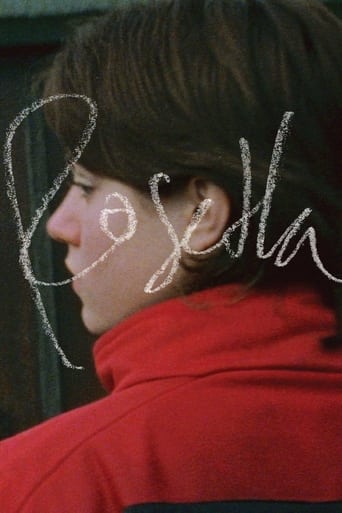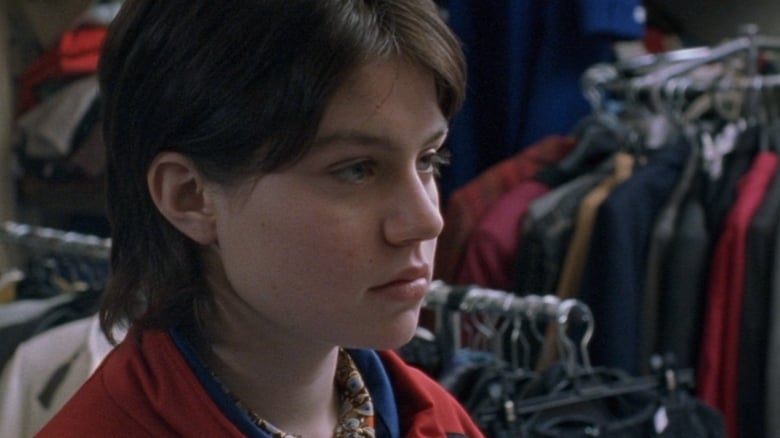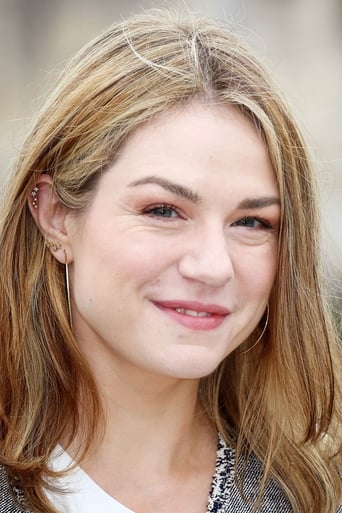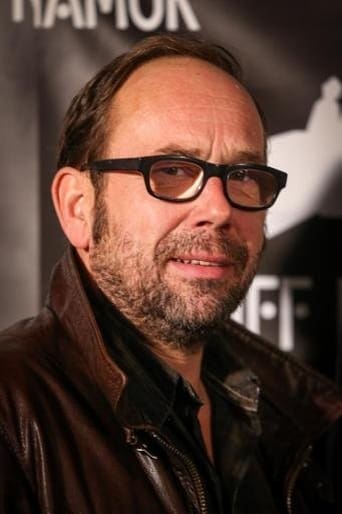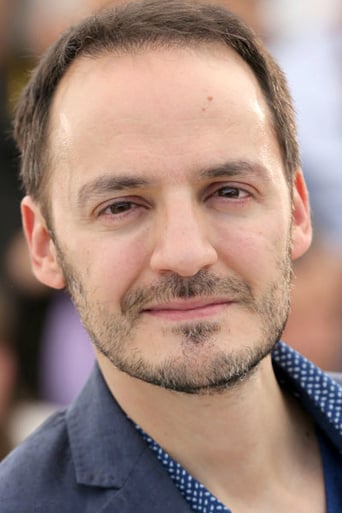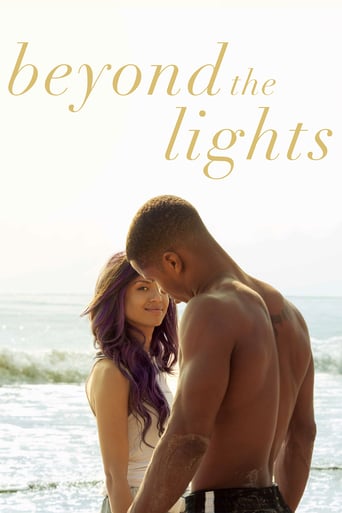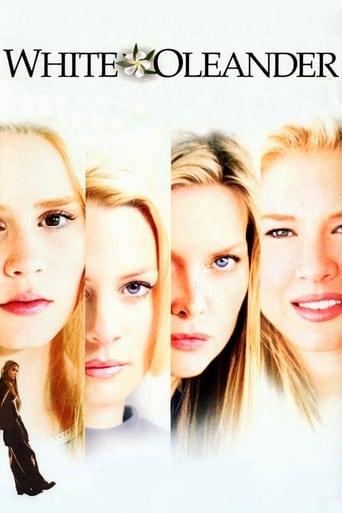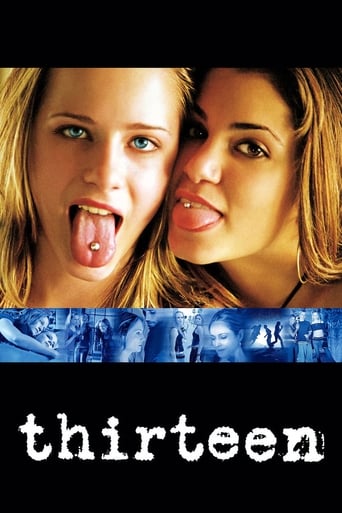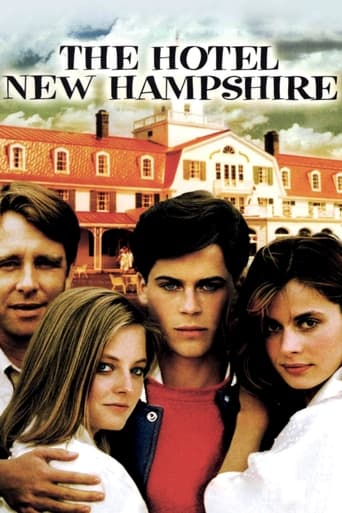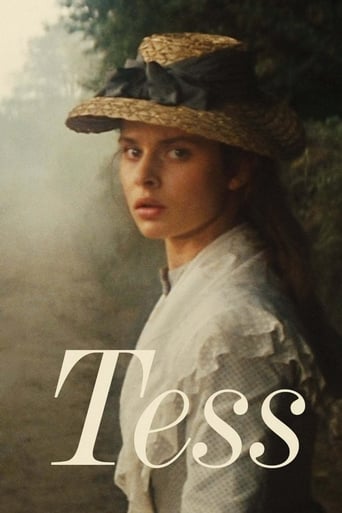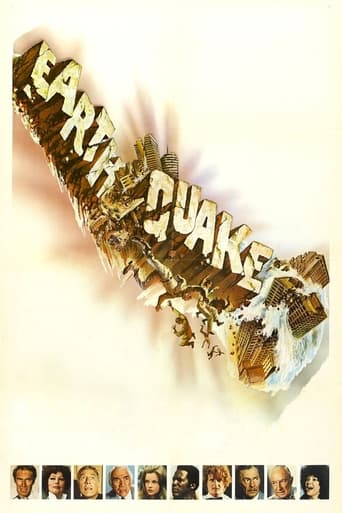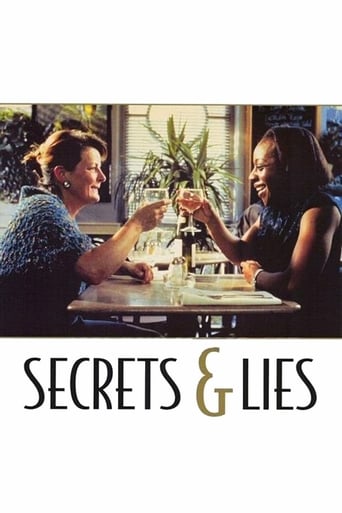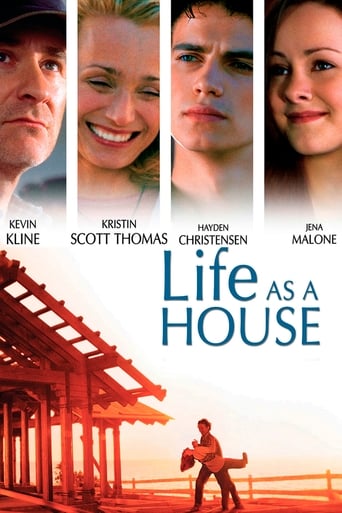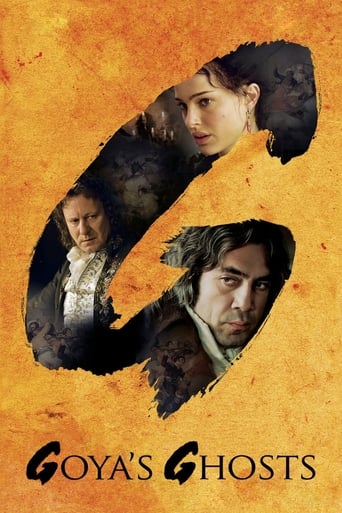Rosetta (1999)
Young, impulsive Rosetta lives a hard and stressful life as she struggles to support herself and her alcoholic mother. Refusing all charity, she is desperate to maintain a dignified job.
Watch Trailer
Free Trial Channels
Cast


Similar titles
Reviews
What a waste of my time!!!
Brilliant and touching
In other words,this film is a surreal ride.
It is an exhilarating, distressing, funny and profound film, with one of the more memorable film scores in years,
Rosetta (1999), directed and written by the now critically acclaimed Dardenne brothers , is a film with a simple premise, a young and impulsive girl, looking for a job. Nevertheless it was this film that won the Palme d'Or at the 1999 Cannes Film Festival, as well as the best actress prize for its portraying of the title character, played by Emilie Dequenne. Rosetta is the ultimate prove that these two brothers of cinema are masters in creating intensely naturalistic films about lower class life in Belgium. Rosetta tells the story about a young woman that wants to find a job at all costs. She knows that her own life is falling apart before her eyes and tries to avoid this by any means necessary. In her search for a job Rosetta has to deal with an alcoholic mother, with whom she lives together in a rickety trailer. The search for work becomes almost as a metaphor for going to war, she won't stop until she has the stable life she is longing for. Along the way she makes a friend, Riquet, with whom the relationship is one of an awkward and weird nature. As mentioned earlier Emilie Dequenne received the best actress prize for her portrayal of the title character. Leave aside that this was deserved or not she convinces us as a girl with a grim determination who's mainly relying on her instincts. Although the Dardenne brothers know how to perfectly blend a good casting with an effective use of camera. The film never makes any effort in portraying Rosetta as a heroine, she isn't winning neither sympathetic. It's in these aspects that lies the true subversive power that this film possesses. Upon watching this film you'll learn that the title is kind of misleading. This film is about the determinism of being employed, which is synonymous for Rosetta with happiness. The only problem is that it's her point of view because as soon as she gets a job she still isn't happier than before. It leaves us, as the viewer, wonder: 'Has this girl ever learned to have happiness and can employment alone make our lives more stable?'Rosetta feels at times very claustrophobic, although it has an universal theme. This is due the stylistically straightforwardness of Alain Marcoen's cinematography helped with a handheldcamera style. It gives the film the feel of a small European art movie, which it is to some degree, if not in its totality. It's thanks to this style of filming that the movie is so exceptional at maintaining an objective view into the world of Rosetta. In the end Rosetta proved to be the big breakthrough of the Dardenne Brothers and a breakthrough that was well deserved. It even inspired new laws surrounding the labor of teenagers in Belgium such as preventing employers from paying teenagers less than the minimum wage. This is a fine example of the influence of filmmaking on society, especially if it is as good as Rosetta. Instead of resting on their laurels the Dardenne brothers made a notable selection of critically acclaimed films such as Le fils (2002) or L'infant (2005). Although, personally, Rosetta is a grand introduction into their amazing body of work and style.
To say that Emilie Dequenne. the young actress playing Rosetta - and who won the Golden Palm at Cannes for her efforts here, is 'plucky', would sound patronising, to say the least.This is structured documentary film-making at its most urgent - and poignant. The premise for most could hardly be less appealing - an independent film, filmed at a moderately sized Belgian industrial town, with an actress who wears no make-up (yes, the odd pimple, too) has an alcoholic mother who gets more booze by offering herself for sex and they both 'inhabit' a tiny, leaky caravan on a caravan park.By plucky, I mean that Rosetta is almost always running - from someone, after someone - including her own mother - to a job, from a job. When not doing that, she gets thrown in a lake (by same person as above), catching fish in said very muddy lake, using a broken glass jar. She is always trying to either get work, keep her job or survive, somehow.This all sounds quite frantic - and it is, when the hand-held camera follows her, is glued to her, almost, as she goes past so close, she briefly goes out of focus. But often, it is meditative, thought- provoking and downright very ordinary. Which, oddly, is extremely compelling, never more so during the gaps in dialogue.Underneath this hardened facade - she only swears and fights when really pressed, then she's like a terrier dog - we hope to see a normal young lady, who can do things that she enjoys. We only see this once, when the young man at the new waffle-van where she finally gets a casual job, takes her after the first day, back to his, for food and playing of some music.If this is SO mundanely glum, why am I watching it for the second time? Well, my Halliwells Film Guide (bible, to me) rated it highly and I got a copy cheap as a Korean import and secondly, you just know that there is a message here. Not necessarily a very important one, but one that we need to reminded of, when we all (and our Governments) continually moan about the youth of today and how they never want to work - and about caring for those unable to care for themselves.It's also very sobering (definitely no pun intended) and one with an ending that you'll remember.
Brothers Jean-Pierre and Luc Dardenne concern themselves with creating films that put realism on the screen without using artifice or cinematic trickery to distract the audience from the socially aware message at the core of their narratives. Unlike the similarly themed dogme movement, or the more iconic works of Lars von Trier etc, the Dardenne brothers are unconcerned with changing the face of cinematic reality, but rather, take their cue from people like Ken Loach, Bruno Dumont and Robert Bresson; by creating honest, often-bleak works of film that take their character from despair, to hope, and sometimes, right back to despair, in order to give the audience a taste of a world away from the more comfortable social milieu we might be accustomed to. The concept could be read as hypocritical admittedly, and although the occasional heavy-handed quality of the brother's work does intermittently become preachy, there is ample opportunity to deliver some moments of earth-shattering drama.I first encountered the Dardenne's work back in 2001, when British film channel Film Four premiered their film The Promise (1996) in preparation for the premier of their highly acclaimed follow up film Rosetta (1999). Both films are here are heavily indebted to the naturalistic/realist work of Bresson and Loach, particularly films like Diary of a Country Priest (1951), Riff Raff (1990) and Raining Stones (1993); with the filmmakers presenting the viewer with a series of characters continually forced to the brink of despair, but desperate to pull themselves back.Rosetta was their follow up to The Promise and is the film that garnered the most attention when first shown at the Cannes film festival back in 1999. The film continues the thematic and visual preoccupations familiar from The Promise, though for me is less successful in its overall intent. The film follows the brilliant Emilie Dequenne as a troubled young teenager desperately searching the Belgium ghettos for work, whilst also having to put up with an alcoholic mother, a lecherous landlord and a series of ignorant civil servants. The use of hand-held cameras and jarring jump-cuts is much greater this time around with the brothers seemingly intent on alienating the viewer, but also, expressionistically conveying the lead protagonist's sense of cultural dislocation and alienation from the world around her. It also creates an extraordinary sense of intimacy between the audience and the character and showing the full range of Dequenne nuanced and entirely naturalistic central performance.As with The Promise, the brothers pepper their film with an abundance of topical, moralistic issues such as the passage into adulthood, immigration and domestic abuse, but at the centre of the drama there is still room for hope. Rosetta might not be a ground-breaking film or even the better film of the two that I have seen - its ideas are well worn and its scenarios familiar from the classic kitchen-sink cinema of films like Saturday Night and Sunday Morning (1960) and A Taste of Honey (1961) to name only two - but the process of refinement that the brothers are able to create with the subtle shading of characters and the no-nonsense approach to film-making is really quite affecting on the most personal and emotional of levels.
Watching her walking with cylinder-full of potentially deadly gas, I could not help but thinking of Christ carrying his Cross on his way to reunion with his holy Father. Only here we had this mother instead of father, and not that holy either.However, as it happens, the holy ghost, in this case the bike boy friend, saves the day. He "raises" her up, clinging though she is with her "death", her despair. Her total loss of sense and life, even as she is alive and in motion.Just look at the lifetime of suffering, anger and disillusionment etched on her face, so young a face: she returning with the "cross", and the "ghost" circling her: the otherwise talkative guy never utters a word in this miraculously simple and likewise effective scene. She too tries to send him away by throwing stones at him, another symbolic act.One feels momentarily lost for words. As she is. Or he.Tears mark her journey to hope, to life. Redemption, without Rita Hayworth or any other pinup in sight.

